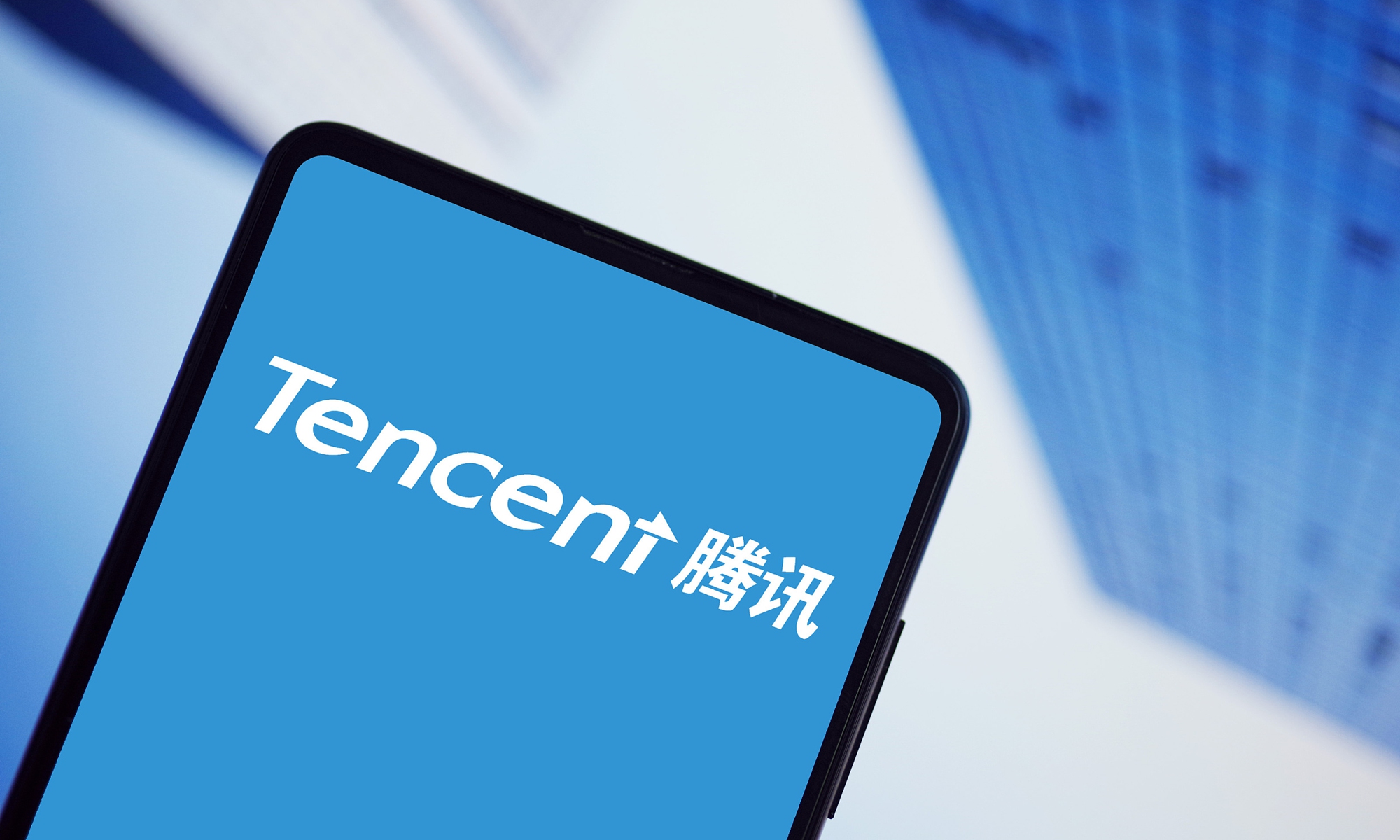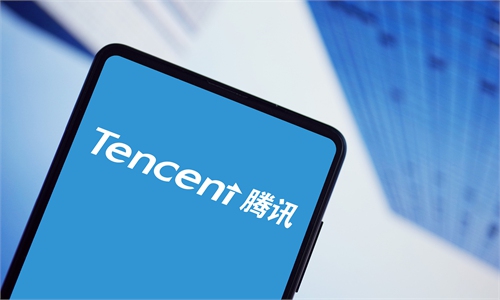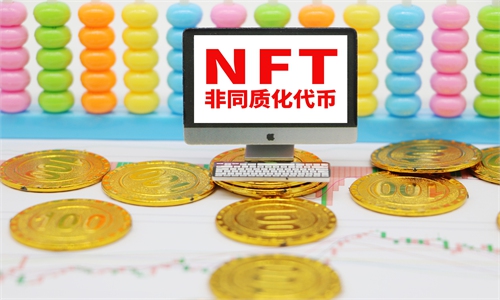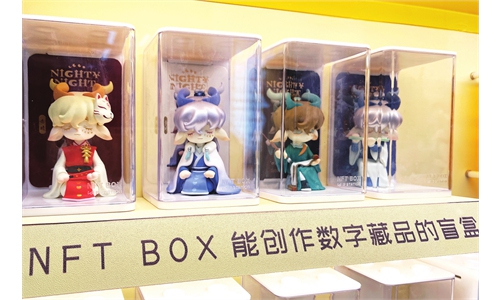
Tencent Photo:VCG
Tencent's WeChat platform has blocked over 10 WeChat public accounts involved in non-fungible token (NFT) trading, with most being small and medium-sized NFT exchanges. Other leading platforms such as Tencent-owned Huanhe have not yet taken similar action.
Industry insiders said the move does not signal a Chinese regulatory turnaround over the NFT industry, which is booming but has grey areas. China has not yet developed clear rules for it, unlike Bitcoin trading and mining, which has been banned. But the move by Tencent could indicate tightened supervision at the enterprise level as there has been a surge in speculation and cases of fraud, they said.
The banned WeChat accounts include Art Meta, Huasheng Meta, iBox, One Meta, and Yidianshucang. NFT trading is known as digital collection in China and most trading via Chinese NFT platforms is completed in Chinese yuan, instead of the crypto currency used in foreign NFT trading platforms.
In response, WeChat said on Wednesday the move was aimed at reining in speculation and second-hand NFT trading by WeChat accounts and mini programs to fend off risks associated with crypto currency trading, news website 21jingji.com reported.
Under the rectification, WeChat public accounts that support primary NFT trading shall provide proof of cooperation with blockchain firms that have been put on record with the Cyberspace Administration of China. Second-hand trading is totally banned at the WeChat platform.
"If any bypass or counter moves are detected, the accounts may be banned or removed based on the extent of the violation," WeChat said, adding that the platform will closely follow relevant regulation to adjust and improve rules.
According to a report by news website jiemian.com, most platforms were banned for being "involved in publishing and spreading of businesses for which they did not have certificates." Certain platforms were banned for "alleged fraud." WeChat also sent notifications to some NFT platforms in recent days, requiring them to provide certificates by April 1. Otherwise, those platforms may also be blocked.
Wang Peng, an assistant professor at the Gaoling School of Artificial Intelligence at Renmin University of China, told the Global Times on Wednesday that Tencent's decision could be regarded as "a preventive action" to guard against potential financial risks.
"In China, there's no clear policy regulating this industry, which has gained momentum this year. But the sector has a mixture of NFT tokens of genuine value and fraud cases. How a leading tech firm like Tencent deals with such chaos may also shed light on how NFTs can be regulated in China in the future," Wang said.
In 2021, Chinese regulators moved to ban Bitcoin mining after outlawing cryptocurrency trading in 2017.



